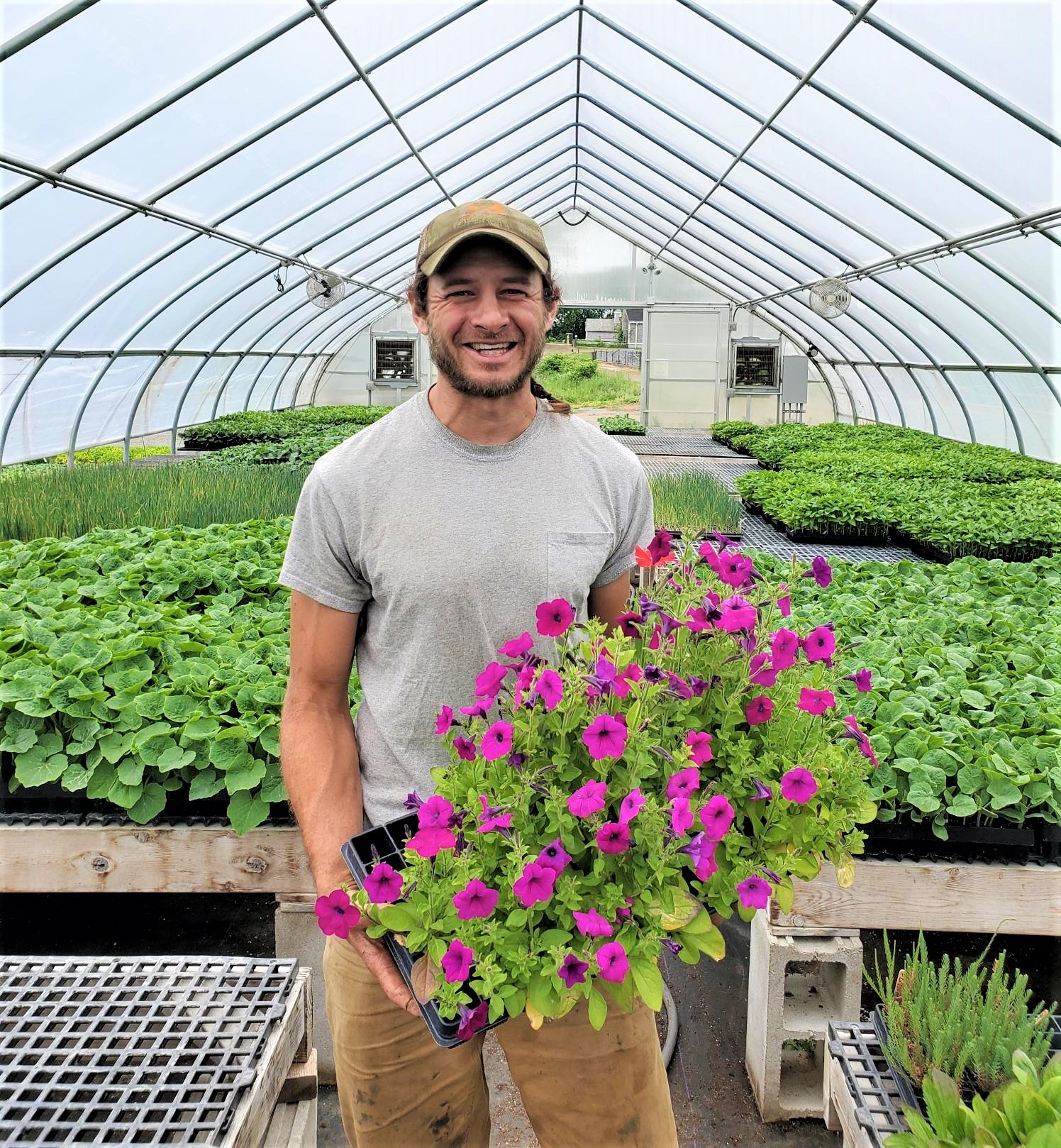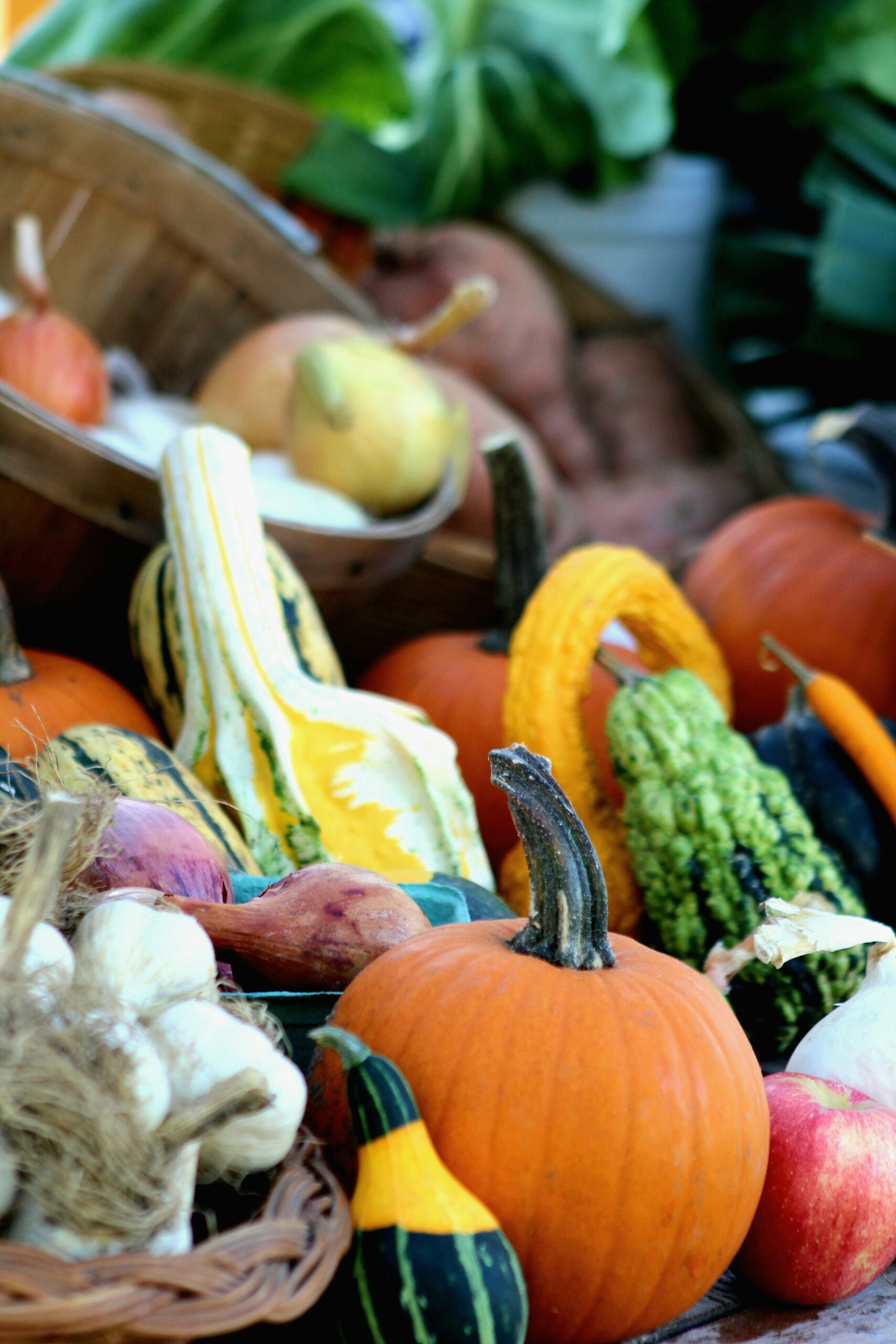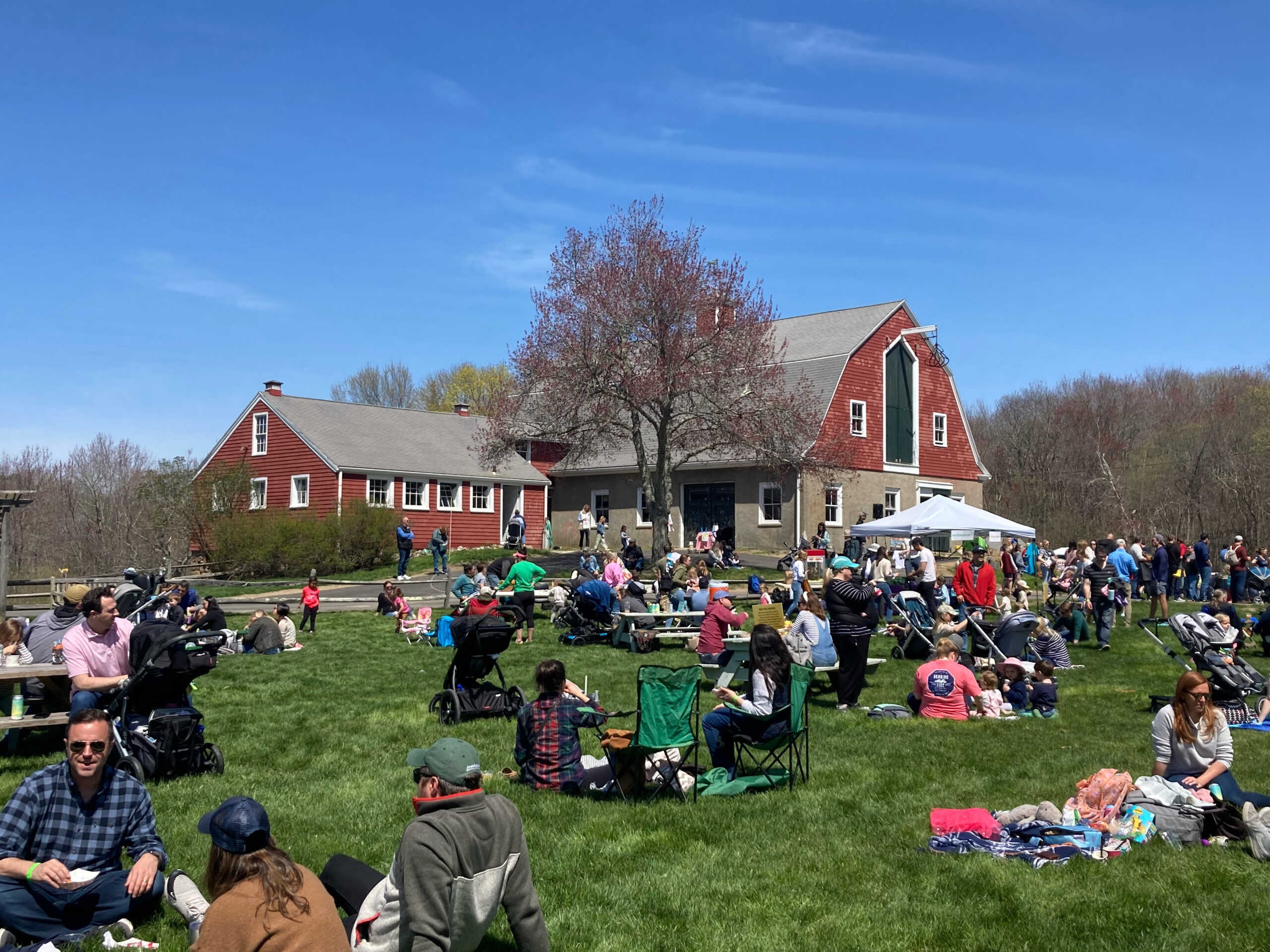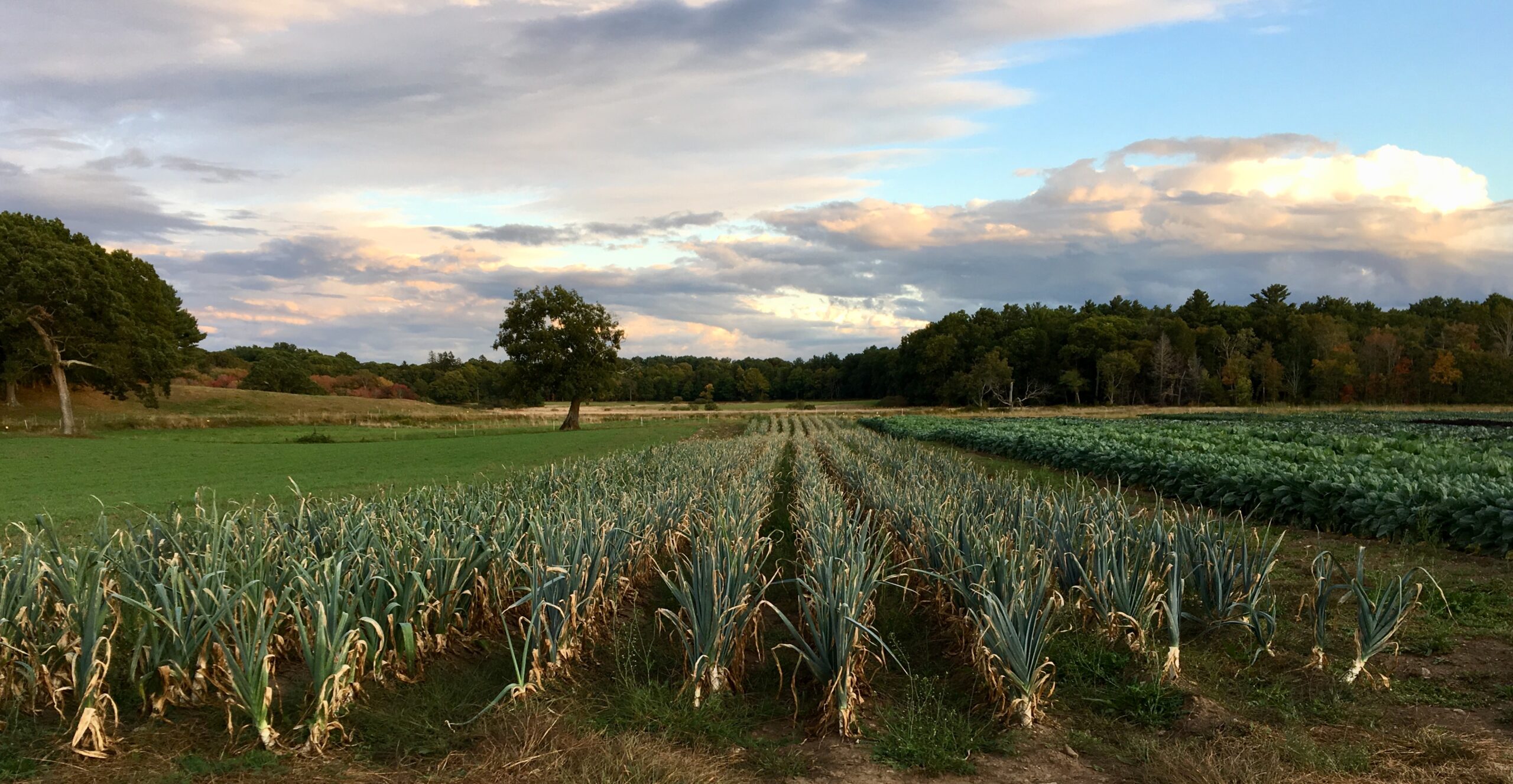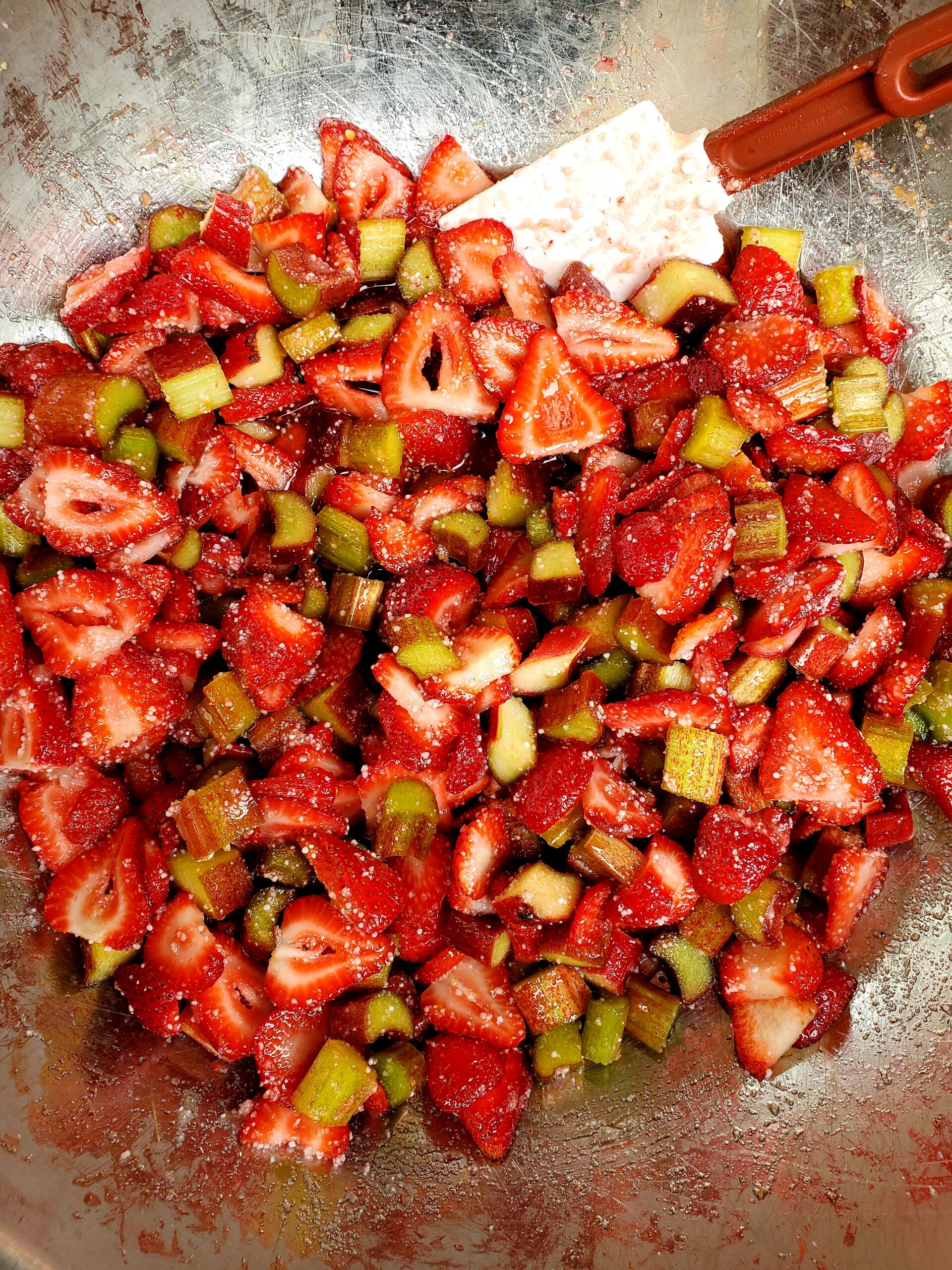How did you get into farming?I grew up on a family dairy farm and, looking back, I appreciate that I had that experience as a child, the freedom to sort of roam the land and the work itself. As a kid, I enjoyed it. I went away to college thinking I’d never farm but by the end of my four-year Bachelor’s program, I sort of fell back into farming. I was doing a summer job that involved some farming and I ended up liking that work a lot more than the biology work and lab work that I was doing. That sort of threw me back into farming and I’ve never looked back.
Prior to joining the Trustees, what were you doing?I farmed out in western Mass for six years, working for other folks, all at vegetable farms. I had a greenhouse business as well. I also farmed in Maine for a year and did some graduate work in soil science out in Washington state. That was the transition period when I got back into farming but was sort of still in the academic world, the research world. I love the research, actually, I love reading research, but I love the actual farming work too much.
Were you teaching?I was doing a Master’s and it was a very research heavy program, although I did teach a lab one semester. Cover crops and the nitrogen cycle were the main topics of my research, which is a big topic area, especially among organic vegetable growers.
How much do you still use that research background or experience?I use it all the time. It’s such a balance. With the actual farming and production work, I feel like I’ve learned from so many different growers and mentors, but some of the crop planting, some of the leaps of faith and stuff I’m trying out, I’m probably taking more from the research world. Also, the way that I think about crop rotation and soil fertility, that’s based more on soil science and that academic world I was in.
When it comes to farming, what are you most passionate about or interested inThe quality of the soil and the way the fields look in terms of crop health is probably my number one thing. Just thinking through the practices and how we can best support the healthy soil ecosystem, which goes hand in hand with a healthy crop. There’s a lot of different factors that go into that, how are we tilling, how are we supporting the life in the soil, how do we keep it covered and protected? How do we keep adding carbon to the soil and all the while balance that with our production goals? When you’re tilling and producing a crop, some of those practices can actually harm the soil to a small extent, so you need recovery time, that’s the cover crops and the compost, when you’re not actively growing crops.
It’s figuring out how all the pieces work together.Exactly. It’s pretty complicated. It’s a whole system and cycle of supporting the life in the soil to support the crop, balancing the nutrients in the soil and then protecting the soil from erosion, damage from tilling, things like that.
What is your area of expertise?As a farmer, I wear a lot of different hats. We talk a lot about soil, that is probably one of my stronger areas of expertise. I also do a lot with equipment, both operating and maintaining equipment. Another big part of the job is managing a team of people, training folks, keeping people on task, and making sure systems are in place and everyone is set up for success. It’s a lot of hard physical work so if you don’t foster that team environment, it can crumble pretty quick.
What are your farming priorities at Appleton Farms?Number one is to have a thriving CSA, having production that supports the CSA, and having a good offering of crops. Making sure that when folks come to the farm, they have a good experience here. Hopefully, they learn a little about what we are doing. Another important goal is creating an environment for the team where they feel like they are learning and thriving, not just doing manual labor. Of course, the crop production is high up there, too, making sure we are using practices and have systems in place that create a healthy and thriving crop production system.
If someone had no idea what a CSA was, what would you tell them? Farming is a gamble every year. You don’t know what the weather is going to be, you don’t know what pest or disease you might encounter. There’s a lot of factors out of our control. When people sign up for a CSA, they are pledging to support that farm for a full season, regardless of what uncontrollable force hits the farm. You’re supporting that farm through thick and thin. It’s also community building, you are coming to the farm every week, you’re getting to know the local community, your farmer, and all the things that are happening on your local farm.
